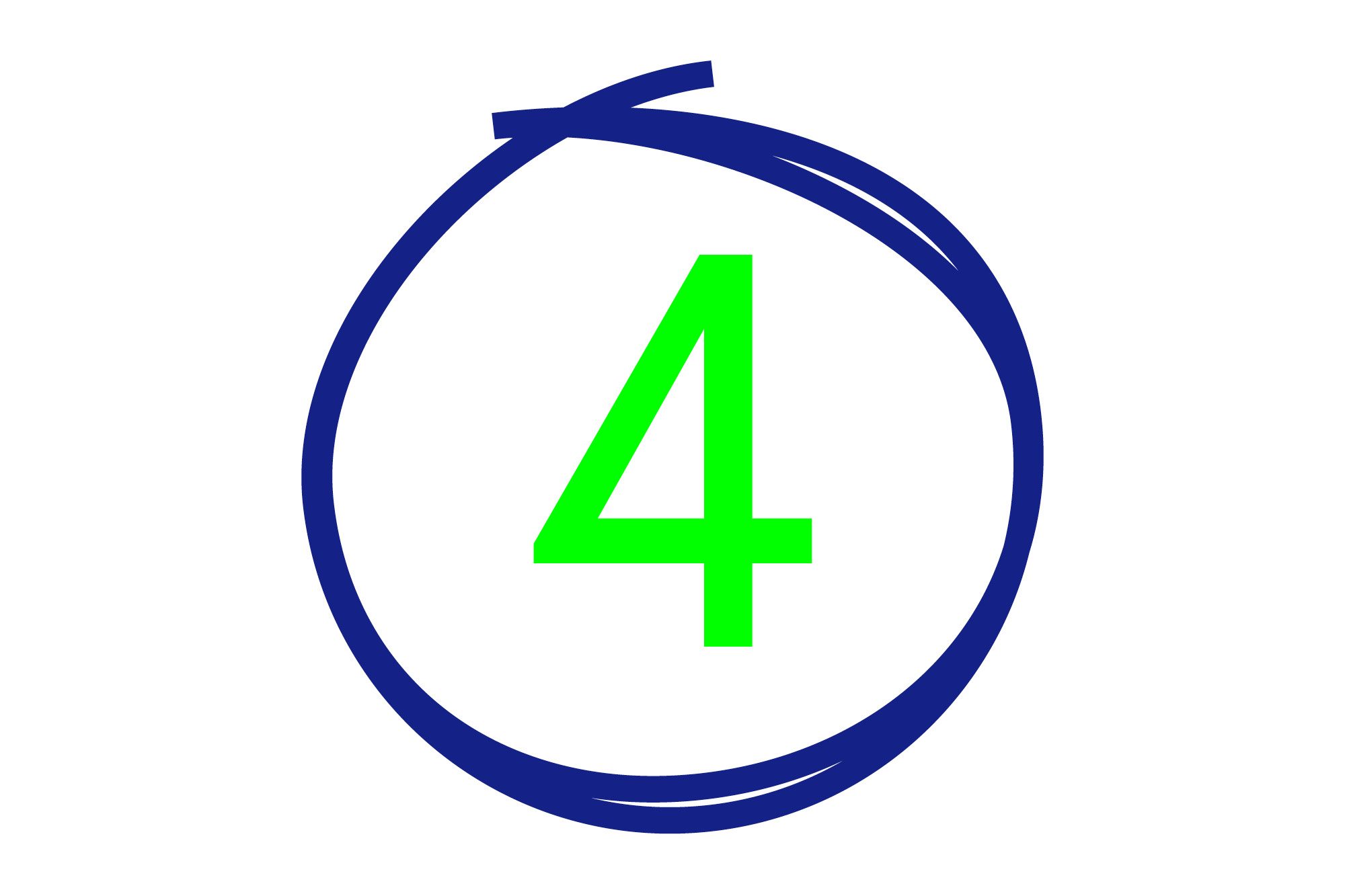Describe the Ideal Candidate in three words BRIGHT / GROUNDED / KEEN
How important is your CV, compared to your portfolio? Personally I’m more interested in how a designer thinks than where they did their thinking. So for me it’s all about a portfolio of ‘wish I'd thought of that’ ideas with a reasonable execution (Mac skills and typography can be taught, but natural creativity can’t). Of course I'll still look over someone's CV prior to seeing their portfolio — it’s no surprise that the better designers tend to have done well in non-creative subjects at school too, providing them with better copywriting skills, literacy and general knowledge.
And of course the layout of the CV is a biggy — if a designer can’t design and lay out their own CV, then how are they going to lay out a beautiful 64 page book? CVs in Word are a big no no — they need to be simple, easy to read and well laid out. First impressions count.
How important is it for you to see commercial work? I’m in two minds about this — at Somerset College we were given very commercial briefs which led to us leaving with a creative and very ‘employable’ portfolio. But since setting up Magpie we’ve employed two graduates from Kingston whose portfolios were less commercial and more conceptual in an arty way. Their work was very considered but there weren't any logos or classic print projects — in its place were amazing stop frame animations and bonkers 8ft pencils. But when they applied their thinking to commercial projects we found they came up with exciting and unexpected results.
So my stance has changed slightly — or perhaps a halfway house is what’s needed? Groundbreaking, unexpected ideas applied to commercial briefs — which is essentially what we're all trying to do in the industry isn’t it?
Is what you do in your spare time important or irrelevant? It’s so important. I’m very much of the opinion that designers who are obsessives and live and breathe design are missing out on the other bits of life that can inform their aesthetic and thinking. We’ve got musicians, bakers, boxing fanatics, culture vultures, illustrators, photographers, stamp collectors, footballers and Dads at Magpie. And it’s all the better for it. Too much work and no play makes a magpie a dull bird.
What’s the one thing a potential employee can do that will impress you? It’s all pretty obvious, common sense stuff but enthusiasm is key. If someone acts like they want to work for you then you're more inclined to consider them. Apart from our senior designer Tim, all of our designers have joined us following extended work placements. What made them stand out was their attitude; keen to work on anything including the mundane parts of the job, keen to impress with their ideas (even if they weren't quite on brief) and keen to learn new things.
How important is it for a candidate to fit in with your company culture? It's 50% of what it takes to be successful. Design agencies are usually pretty small or at least divided into small teams. So working closely with seven or so people for 10 hours a day every week in what can be an intense creative environment takes a certain kind of person. At Magpie there’s no room for egotistical big heads — the idea is king and it doesn’t matter who comes up with it, we'll push the best idea forward. So the people that work with us are all fun, hardworking, talented and above all nice folk. I don’t dread going to work on Sunday nights like I sometimes used to before Magpie — and that’s because we’ve chosen people we like to work with (and of course we have some great forward thinking clients too). You can be the most talented designer out there, but if you don't get on with people on a day-to-day basis then you'll never get a job. And this obviously includes clients, without whom there wouldn't be a design agency. Clients don't like uppity, over-precious designers and nor do we.
One last thing which has probably been my one consistent tip over the past 10 years of viewing graduate portfolios is this — it's just as important to know what you don’t want to do as what you do. Sometimes taking placements at companies you don’t think you want to work at helps cement in your mind what kind of company you don’t want to work within. I did a placement at a large packaging agency on graduating — although I liked the people the work was dull and I decided that the kind of work they did wasn’t for me. I even turned down a job there because I knew I’d be miserable. My footnote to this is if you are doing a placement you hate, still be keen and professional — the design industry is tiny and everyone knows each other. Someone there will know someone in a company where you do want to work and that could be your in.
So, in the words of Anthony Burrill: “Work Hard and Be Nice to People”.
Magpie was founded in 2008 by David Azurdia, Ben Christie and Jamie Ellul with a clear intention of producing beautifully crafted, ideas-driven design. The three directors met whilst studying at Somerset College of Arts in the late 90s. After graduating, they migrated to London and spent 10 years honing their skills, independently, at some of London’s top branding agencies, in both a full time and freelance capacity. The studio has now grown to seven full time staff and a host of collaborators, working in a diverse range of media with a diverse range of clients including BAFTA, The British Heart Foundation, Channel 4, D&AD, Houses of Parliament, Land Securities, Robert Horne Paper, Royal Mail and University of the Arts.
